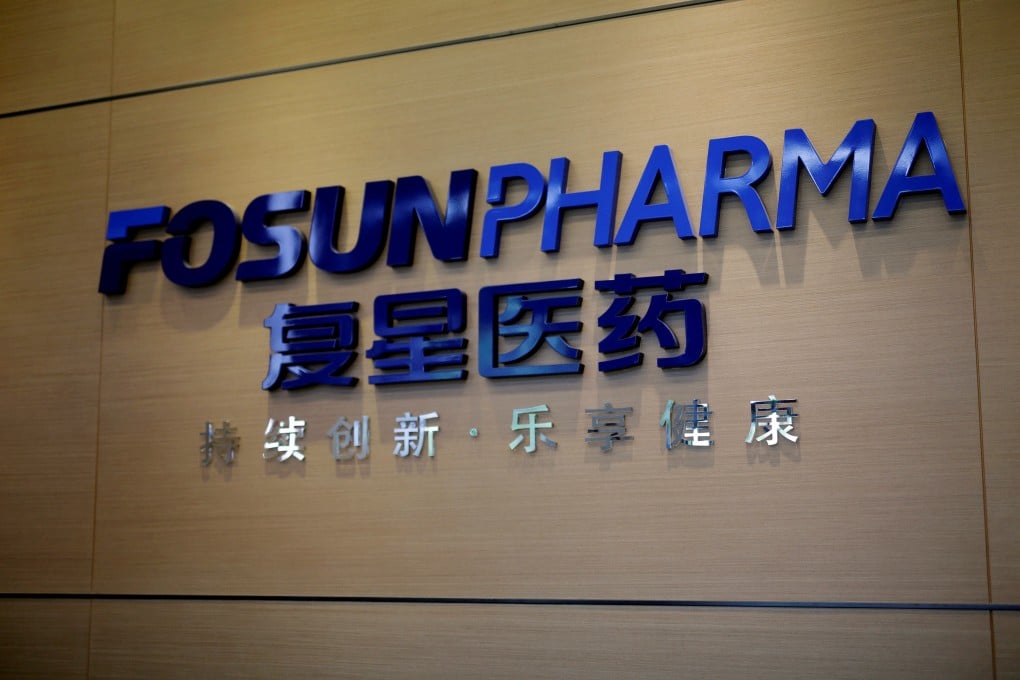Shanghai Henlius Biotech shares soar in Hong Kong after Fosun’s US$690 million buyout offer
- Henlius joins a wave of companies that have left Hong Kong’s stock market this year either through privatisation or voluntary delisting, having found themselves undervalued

That represents a premium of 36.7 per cent over Monday’s closing price of HK$18, and aggregate prices of HK$3.23 billion (US$410 million) and 1.99 billion yuan (US$270 million), according to a filing to the stock exchange on Tuesday.
Henlius’s stock surged as much as 21.3 per cent during Tuesday trading, before finishing 19.4 per cent higher at HK$22.50. That marks the company’s biggest single daily jump since its listing in 2019 and brings the stock to the highest level in more than two years, according to Bloomberg data.
China International Capital Corp (CICC) and Fosun International Capital, a subsidiary of Fosun International, are joint financial advisers for the deal.
“The listing status of the company no longer provides meaningful access to capital and imposes additional costs on the company,” Henlius and Fosun said in the joint filing. Henlius has not raised any funds through equity financing since its listing in 2019, and its ability to raise capital from the market is “significantly limited” because of its relatively low price range and sluggish trading volume, according to the filing.

